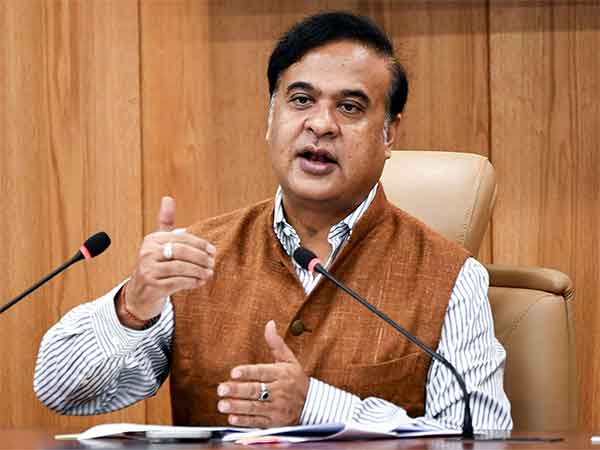
CAG report highlights gaps in vehicular pollution testing, enforcement
Apr 01, 2025
New Delhi [India], April 1 : The Comptroller and Auditor General (CAG) report on 'Prevention of Air Pollution from Vehicles', presented in the Delhi Assembly on Tuesday, has highlighted major irregularities in pollution testing and enforcement measures, raising concerns over the reliability of the system.
According to the report, Pollution Checking Centres (PCCs) in Delhi have been issuing an excessive number of Pollution Under Control Certificates (PUCCs), including vehicles that failed to meet emission norms. This has raised serious doubts about the credibility of pollution tests.
Key findings of the CAG report revealed the condition of air pollution in the national capital.
Emission data not recorded in the database: Despite Supreme Court directions, no link was established between emission data and the National Database of Vehicles--VAHAN. This allows PCCs to manually select a vehicle's BS emission standard, increasing the risk of manipulation.
Gap between vehicle registration and PUC tests: A significant difference was found between the number of vehicles registered in Delhi and the number of pollution tests conducted, indicating that many vehicle owners are not getting pollution checks done regularly.
No checks on testing equipment: The Department of Transport (DoT) failed to ensure the efficiency of PCCs and their equipment, with some centres issuing pollution certificates despite their equipment not being verified.
Remote sensing technology not adopted: Despite repeated Supreme Court recommendations, remote sensing technology--which can check vehicle emissions without stopping vehicles--has not been implemented since it was first proposed in 2009.
Flaws in vehicle fitness tests: The credibility of Delhi's vehicle fitness tests is under question. The automated testing Centre at Jhuljhuli was underutilised, while Burari's centre relied primarily on visual inspection. Even at Jhuljhuli, some vehicles were passed without emission checks.
No system to remind vehicle owners: Between 2014-15 and 2018-19, 20 per cent to 64 per cent of vehicle owners did not renew their fitness certificates, and the DoT failed to implement a system to remind them.
No control over emissions from old vehicles: The CPCB had recommended the mandatory installation of diesel particulate filters (DPF) in old diesel vehicles, but the DoT's request to amend the rules has been pending with the Union Ministry of Road Transport and Highways (MoRTH) since 2017.
Illegal registration of old vehicles continues, with slow action on seizures: Despite the Supreme Court's ban, registration of old vehicles continues. Only 6.27 per cent of old vehicles were deregistered between 2018-21, and out of 41 lakh end-of-life vehicles (ELVs) in Delhi, only 357 were seized.
Weak monitoring of NCR vehicles: Out of 128 entry points into Delhi, enforcement teams were deployed at only seven locations. Additionally, the enforcement branch requires 1,134 personnel but has only 292 staff.G report has recommended that the government strengthen pollution testing reliability, promote automated tests, tighten enforcement against old vehicles, and improve the capacity of monitoring agencies to tackle rising pollution levels in the capital.





















